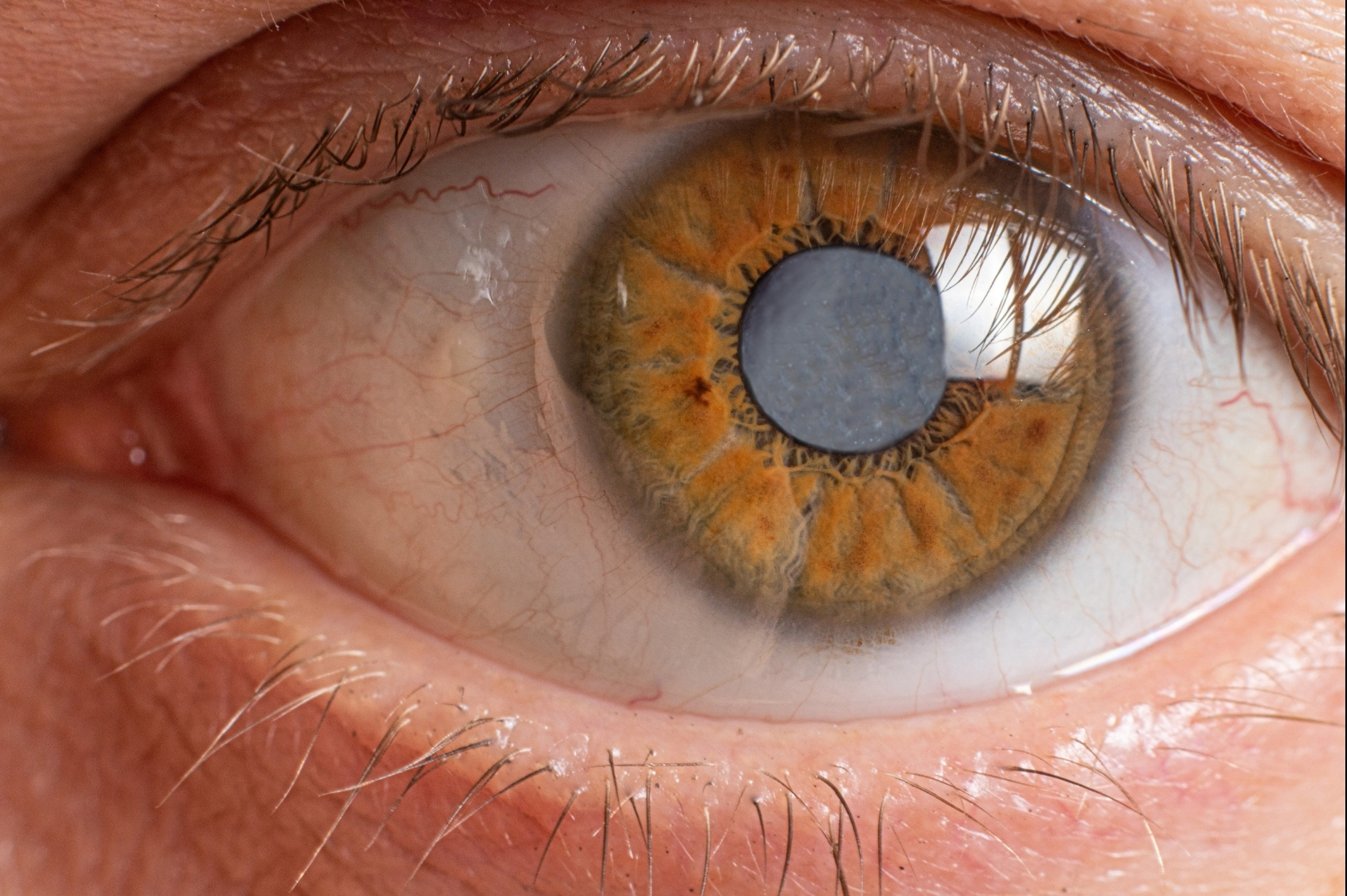A cataract is a clouding of the eye’s natural lens, which normally focuses light onto the retina to produce clear vision. This clouding causes blurred or dim vision and, if untreated, can eventually lead to significant vision loss or blindness.
Cataracts develop when proteins in the lens clump together, obstructing the passage of light. While they most commonly affect older adults due to natural ageing processes, they can also be congenital or result from eye injuries, certain medications, or medical conditions such as diabetes.
In an interview with PT Health Watch, Philomen Ewoh, an optometrist at Family Care Multi Clinics, raised concerns about the increasing number of younger patients developing cataracts.
While improved access to eye care and earlier diagnosis may explain some of the increase, Ms Ewoh warned that environmental and lifestyle factors are also contributing to a genuine shift in onset.
Contributing factors
Ms Ewoh identified several contributors to the trend, including prolonged screen exposure, increased ultraviolet (UV) radiation, rising rates of diabetes and obesity, and pollution—all of which can accelerate the degeneration of the eye’s natural lens.
In addition to these, she noted that cataracts may also develop from birth (congenital cataracts), eye trauma, medication use, particularly steroids or underlying conditions such as diabetes.
Despite this range of causes, several misconceptions persist among patients.
According to Ms Ewoh, some believe cataracts “grow back” after surgery or that they must wait until complete blindness before considering surgery.
“Cataract surgery is advised when vision loss interferes with daily life—not when total vision is lost,” she said.
Misunderstandings about age limits and the safety of surgery, she added, remain common barriers to timely treatment.
Inequities in Access
Cataracts remain the leading cause of blindness in Nigeria, particularly affecting low-income and rural communities. Studies estimate that nearly 20 per cent of people aged 40 and above in rural Nigeria live with untreated cataracts.
Ms Ewoh noted that financial constraints, long travel distances to clinics, and a shortage of eye care professionals continue to delay treatment.

She said that even when patients are diagnosed, many cannot afford surgery or follow-up care.
Nearly 43 per cent of blindness cases in Nigeria are caused by cataracts, with education and income level playing a strong role in who receives treatment.
She also pointed out that people from lower socioeconomic backgrounds often face poor sanitation, limited education, and inadequate nutrition, all of which contribute to their increased risk of developing cataracts.
However, she acknowledged promising developments, noting that research into non-surgical interventions is gaining momentum.
Ms Ewoh noted that experimental treatments such as lanosterol-based eye drops, antioxidant therapies, and nanotechnology-based drug delivery systems are being explored as less invasive alternatives to surgery.
She said Laser-assisted lens removal and stem cell therapies are also in development.
Artificial intelligence (AI), she said, is being deployed to enhance diagnosis and predict cataract progression.
Mobile apps are also being tested to track symptoms and assist patients with early detection and care planning.
Although none of these treatments have replaced surgery yet, she added, they offer hope for future care that is more accessible and personalised.
Preventing Cataracts
Although ageing is the most significant risk factor, Ms Ewoh emphasised that lifestyle choices can influence the development and progression of cataracts.
She said that diets rich in antioxidants, such as vitamins C and E, leafy greens, and omega-3 fatty acids, can help protect the eyes from oxidative stress.
Regular exercise, she added, improves blood circulation to the eyes, aiding in the delivery of nutrients and oxygen.
She stressed the importance of protective behaviours, like wearing sunglasses to reduce UV exposure and managing chronic conditions like diabetes.
To reduce screen-related eye strain, Ms Ewoh recommended the 20-20-20 rule: “Every 20 minutes, look away from your screen at something 20 feet away for 20 seconds.”
She also warned that smoking and excessive alcohol use are known contributors to cataract formation.
READ ALSO: 1000 persons with cataracts to benefit from NNPC Foundation Surgery
Staying hydrated, getting sufficient sleep, and addressing underlying health issues are all part of supporting long-term eye health.
Cataract Surgery
Though cataract surgery is one of the safest and most frequently performed operations globally, Ms Ewoh highlighted that it carries certain risks that are often under-discussed.
These include intraocular lens dislocation, increased eye pressure (which can lead to glaucoma), bleeding, inflammation, and, in rare cases, infection or retinal detachment.
She explained that a common post-surgical complication is posterior capsule opacification (PCO), which mimics cataract symptoms but can be resolved with a simple laser procedure.
Ms Ewoh noted that patients with diabetes, a history of previous eye surgeries, or pre-existing eye conditions like glaucoma face increased risk.
Being informed about these risks, she said, helps patients make better decisions and prepare adequately for post-operative care.
Support PREMIUM TIMES’ journalism of integrity and credibility
At Premium Times, we firmly believe in the importance of high-quality journalism. Recognizing that not everyone can afford costly news subscriptions, we are dedicated to delivering meticulously researched, fact-checked news that remains freely accessible to all.
Whether you turn to Premium Times for daily updates, in-depth investigations into pressing national issues, or entertaining trending stories, we value your readership.
It’s essential to acknowledge that news production incurs expenses, and we take pride in never placing our stories behind a prohibitive paywall.
Would you consider supporting us with a modest contribution on a monthly basis to help maintain our commitment to free, accessible news?
Make Contribution
TEXT AD: Call Willie – +2348098788999

Crédito: Link de origem


